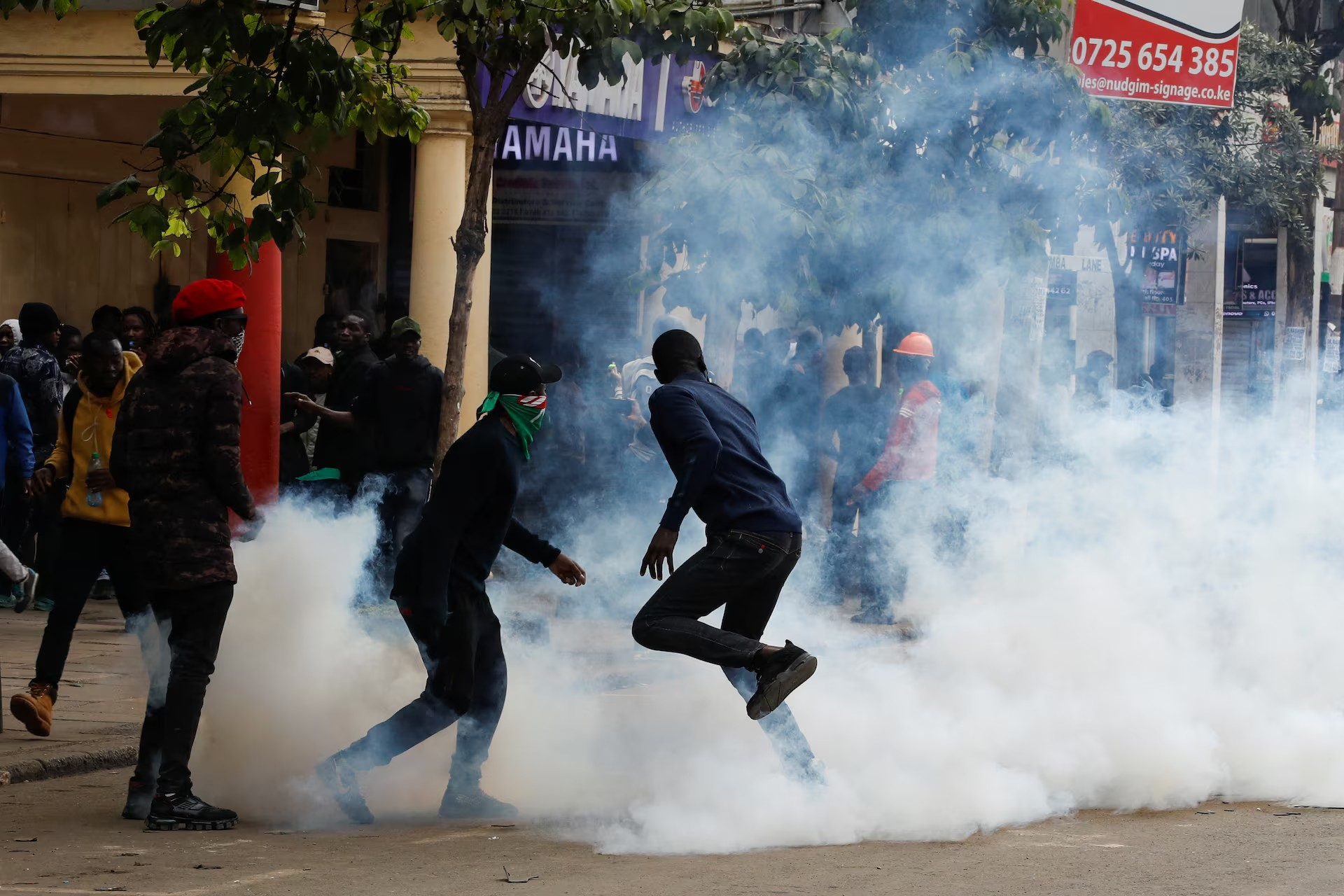Prime
Shs7m jab, silent laws worsen Covid-19 treatment dilemma

Health workers attend to patients at the Nambole Covid-19 treatment centre recently. PHOTO | COURTESY
What you need to know:
- A doctor recently told MPs that one of the drugs used in the treatment of Covid costs Shs7m each, and that there are cases where one requires as many as seven, bringing the cost to Shs49 million.
Rarely do arms of government operate in sync here, but in the last seven days, the Legislature and Judiciary have pulled in one direction as they tried to find an antidote for the high cost of treatment and management of Covid-19.
Two days after proprietors of private health facilities appeared before Parliament’s Covid-19 taskforce, where they defended the high cost of treatment, putting the minimum cost of treatment in the Intensive Care Unit (ICU) at Shs3.5 million per day, the High Court in Kampala on Thursday issued orders that require government to regulate the cost of treatment.
The order arose out of a consent reached between the Attorney General’s chambers and the petitioner, the executive director of a non-governmental organisation (NGO), the Centre for Health, Human Rights and Development (CEHURD), Mr Moses Mulumba.
Mr Mulumba had petitioned court over medical bills that private medical practitioners have been charging for the treatment of Covid-19 since Uganda was hit by the second wave of the pandemic.
The order makes it incumbent upon government, the Health ministry and the Medical and the Dental Practitioners’ Council to make regulations on the fees that hospitals managing Covid-19 cases will be charging.
The second order was to the effect that the Council now has to recommend to the Health ministry a fair and appropriate amount that has to be charged for treatment.
Mr Mulumba celebrated the orders as a victory for Ugandans.
“Today, the court has ruled in favour of the fundamental health rights of patients. It has ordered government and professional councils to regulate fees for Covid-19 treatment services so that patients are charged fairly…” he said.
The ruling followed public uproar over the huge cost of treatment in private facilities.
As the country recorded a spike in infections, there was also a spike in reports of inflated medical bills, extra charges for oxygen, and demands for down payments, ranging from Shs5 million to Shs20 million or collateral security in the form of land titles or car logbooks before treatment could commence. Those amounts are out of the reach of average Ugandans.
To cap it all, there were reports of cases where hospitals had chosen to cling onto dead bodies over unpaid bills.
The Shs7m jab
While Ugandans were still shouting themselves hoarse over the Shs3.5 million as the minimum cost of treatment, Dr Simon Kazibwe, a medical officer at Case Medical Centre, told MPs who had earlier complained that some drug was being administered at a cost of Shs3 million, that one of the lines of treatment actually costs Shs7 million.
Dr Kazibwe told Sunday Monitor in a subsequent interview that the drug in question is Tocilizumab, which is manufactured by the Swiss Pharmaceutical Corporation, Roche.
“We only prescribe it when we think you need it… some of the patients receive it when they have already tested negative, but the lungs still have a lot of hydrolysis and because of that, they still remain on the machines… We also use it in severe forms of asthma. It helps to try and hydrolyse and break down the fibrotic tissue so that a patient can be able to breath,” he explained.
The problem is that one cannot tell how many 40 milgram vials one would need. Dr Kazibwe revealed that there are cases where one requires as many as seven. That would come down to Shs49 million.
Luckily, Dr Kazibwe says less than 10 per cent of patients admitted in ICUs require Tocilizumab.
But it is not in Uganda alone that Tocilizumab costs so much. On Tuesday, Doctors Without Borders (MSF), prompted by reports that the drug was being sold for $410 (about Shs1.5m) in Australia, $646 (Shs2.3m) in India and as much as $3,625 (Shs109m) in the US, yet the estimated production cost is $40 (about Shs141,000) per dose of 400mg, appealed to Roche to lower the price “in order to make it affordable and accessible”.
The National Drug Authority (NDA), spokesperson, Mr Abiaz Rwamwiri, is surprised that it costs so much in Uganda.
“It is unprofessional for them to exploit Ugandans when there is demand because you see, if there is shortage, we can allow to expedite the process of importation. Drugs do not attract taxes. So there is no justified reason for those increases, apart from extortion and exploitation,” Mr Rwamwiri said.
The problem though, is that enforcing the order is always going to be problematic. That was best captured in Mr Mulumba’s words.
“The issue is now for us to make sure we transform the court order into something that is going to benefit Ugandans…” he said.
First of all, court declined to peg the enforcement of the orders to a timeline. That means the private service providers can drag their feet on the matter pending another suit.
However, according to Mr Rwamwiri, the biggest challenge is that existing laws are silent on price controls.
“We (NDA) regulate the importation, local manufacture and exportation of drugs and equipment, but the same law (National Drug Policy and Authority Act 2006) is silent on price fixing. And since we embraced a liberalised economy, it is difficult to regulate the prices of drugs,” Mr Rwamwiri said.
From the foregoing, the high cost of treatment will be here for quite a while.



